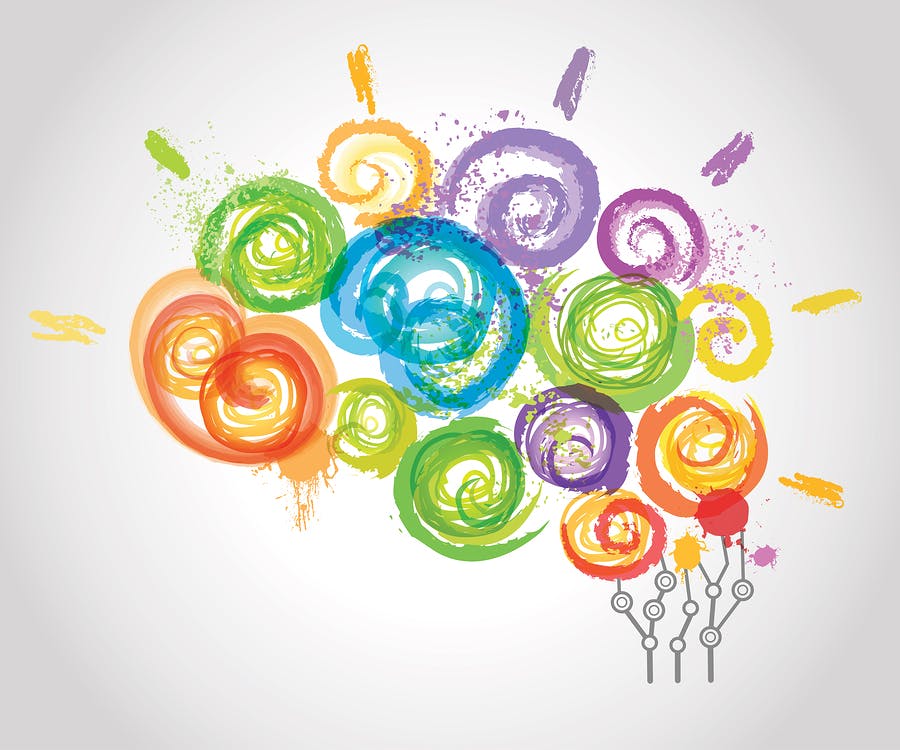Researchers are predicting that it won’t be long before every new device and service will contain some sort of artificial intelligence (AI). As we enter a new year, the potential for AI is both terrifying and exciting. On the one hand, some people are excited by how technology will continue to improve productivity in the workplace. On the other hand, workers are afraid that they may lose their jobs.
No matter what side you’re on, it is clear the train has left the station.
So, will AI take over your job? It may be too soon to make a full prediction. Many jobs that require rote memory and simple learning and decision making may soon be replaced by AI. These jobs will be easy to transition to computers, and in some places this process has already begun. But, human functions, most notably emotional intelligence, will be rather difficult to replace.
There are a number of definitions for emotional intelligence, but they all share a common core:
- The ability to be aware of your own and others’ emotions
- The ability to manage your own and other’s emotions, and
- The ability to use emotions to get things done, make better decisions and deal effectively with stress.
Among the core competencies of emotional intelligence is empathy. There are a number of machine learning attempts at mapping empathy. The ability to read another person’s emotions can be duplicated to a certain degree. For example, simple rules can be constructed for how we express anger. There are facial cues that may be easy to recognize, and there may be physiological cues that we can assess. However, there are often mismatches between how one person expresses anger when compared to others.
Many years ago, as part of my Master’s thesis in psychology, I conducted a study of the anxiety experienced by people watching a gory industrial accident film where a worker’s finger gets cut off by a circular saw. I measured galvanic skin response, heart rate, as well as self-reports of the viewers at various points in time. One of the biggest challenges was determining a consistency of these responses. You could get heart rate through the roof, yet the person reported no anxiety. Alternatively, there were subjects reporting extreme anxiety with a lowering of heart rate.
The ability of machines to pick up on these cues, which can be extremely individualized, is a long way off. These are distinctly human characteristics.
So, will AI take over your job? It is probably too early to tell. But, we should feel safe knowing it doesn’t hold a candle to our emotional intelligence.
